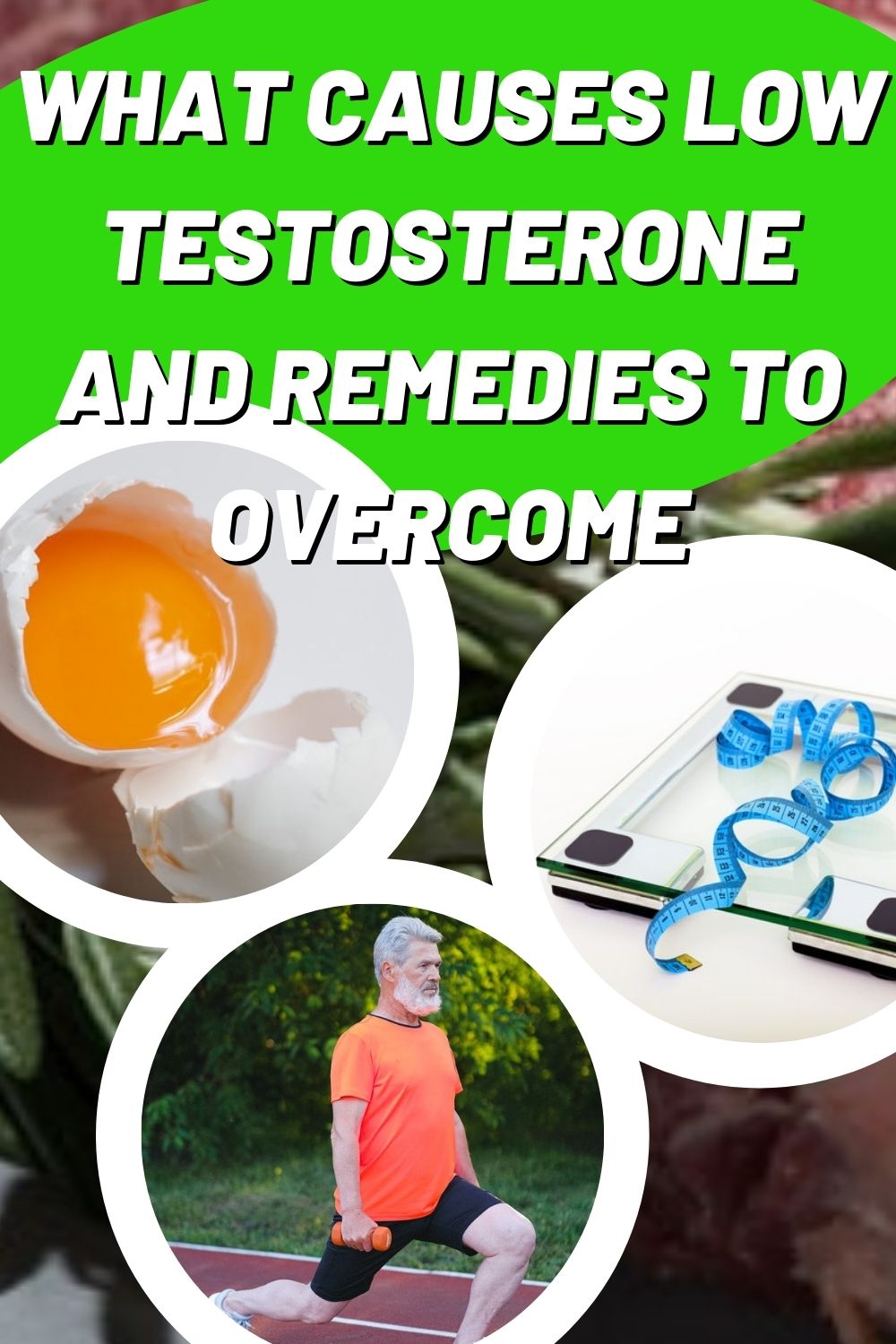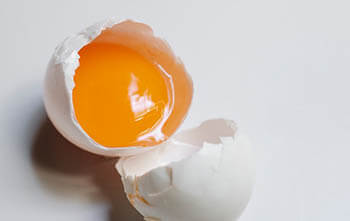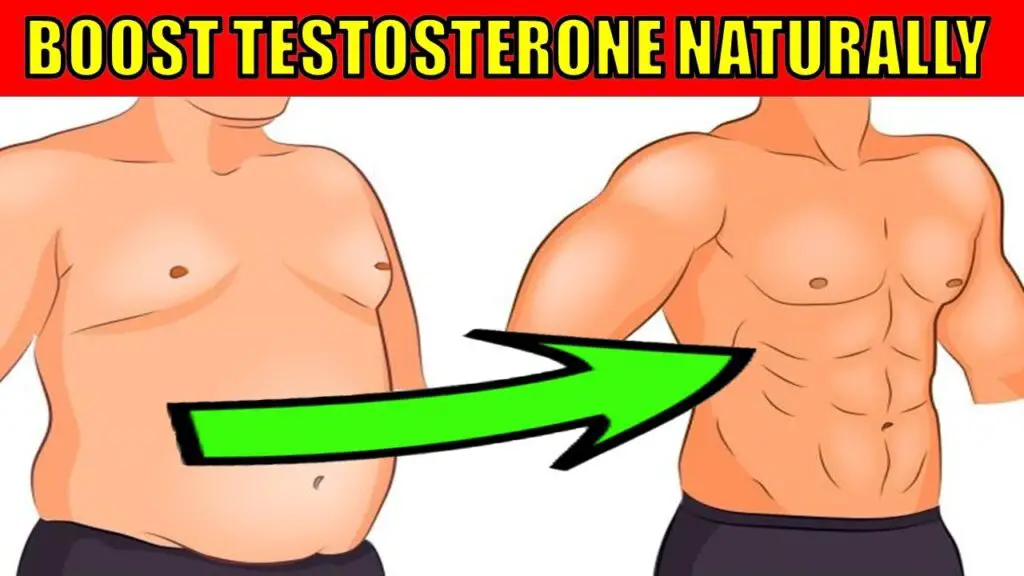Testosterone is an androgen, a hormone found in both men and women. Men have higher levels of testosterone than women, and it plays a crucial role in men's health. While testosterone is often connected with libido and sexual performance, it also affects much more important areas of a man's health. Muscle mass and bone density are all regulated by testosterone.
Like any hormone, testosterone can be subject to highs and lows, and this can have a serious impact on our bodies. You likely have questions: what are the signs and symptoms of low testosterone? Should you try testosterone replacement therapy? Should you worry, and when should you see a doctor? Let's take a look at some of the signs and causes of low testosterone, as well as possible treatments.
Symptoms of Low Testosterone


Testosterone decreases naturally with age, and is more common in older men However, younger men with low testosterone might notice symptoms that affect their everyday life. Since testosterone levels can dip gradually, you may not immediately notice any symptoms right away.
Here are a few signs that could indicate you're suffering from low testosterone levels:
- Low sex drive (as well a dwindling libido and decreased sexual desire, this also includes poor performance during sex, and poor sexual function, such as difficulty getting an erection, and more)
- Hair loss
- Fatigue
- Increased body fat (including the development of breast tissue, which is usually due to hypogonadism)
- Low muscle mass
- Osteoporosis, or thinning bone mass
- Mood changes
- Declining memory or cognitive functions
- Anemia
If you're not sure whether you're suffering from low testosterone, ask your doctor for an official test.
Causes of Low Testosterone
Unfortunately, low testosterone levels can be a natural side-effect of aging. Of course, that's not to say you can't take steps to treat your low T levels.
Undescended testicles, hypogonadism, and other conditions can contribute to low levels of testosterone. Physical injury, treatment for cancers, obesity, certain medications, or even some types of viral infections may cause low levels of testosterone.
It's important to find the root cause of low testosterone. While there are gels, tablets, and hormone treatments available to boost low T levels, those will only deal with the symptoms, not the cause. Over time, imbalanced hormones can do real damage to the human body.
Testosterone replacement therapy can be extremely useful, but should only be used if prescribed by a medical professional. Overusing hormone replacement treatments can lead to your body becoming reliant on the treatments, and actually producing less testosterone than before. However, replacement therapy could also be just the boost your body needs to kickstart its own production of testosterone. A doctor will examine you and prescribe the treatment that's best for you.
Natural Testosterone Boosters
Before you start looking at testosterone replacement therapy, there are some natural ways to boost your testosterone level. Lifestyle changes can go a long way towards balancing your hormone levels.
Even if you're prescribed a more intensive hormone treatment, it would also be good to keep a balanced lifestyle. Staying fit and healthy puts you at a lower risk of low testosterone levels, as well as at a lower risk for many other illnesses.
1. Healthy Weight Loss


Conditions such as obesity and diabetes can contribute to low T levels. In fact, middle-aged, overweight men are most likely to develop diabetes and low testosterone levels. Losing excess weight and maintaining a healthy weight is a good way to quickly boost your testosterone level.
Of course, this doesn't mean you need to start hitting the gym for several hours a day! A healthy diet and moderate exercise should be enough to keep you in shape. Eating properly and taking enough exercise also helps to boost testosterone levels.
If you're struggling with your weight, why not consult a doctor or nutritionist, to come up with an action plan for weight loss?
2. Good Sleep (Quantity and Quality)


There's no getting around it - sleep is essential to health. Getting enough good-quality sleep is recommended for dealing with just about every health condition available, usually alongside other lifestyle changes and treatments.
Most adults need at least eight hours of sleep per night, but it's important that you get unbroken quality sleeping time. Each individual's needs vary, so it's important to get the right amount of sleep for you personally, whether it's more or less than the recommended amount.
Sleep is necessary for our bodies to rest and rejuvenate. Poor sleep has been connected to low T levels in some men. It can also exacerbate underlying illnesses.
3. Exercise


Now it's time to mention everybody's least favorite topic - exercise. Whether we like it or not, the simple fact is that exercise boosts our mood. It stimulates brain chemicals, leading to us feeling refreshed, energetic, and happier. Even something as simple as a brisk walk can clear our heads, boost our mood, and leave us feeling better than before. Testosterone levels also tend to rise after a period of exercise.
You may not feel particularly compelled to exercise, especially if you've been suffering from low T for some time. This is because low testosterone levels may leave you feeling weak and unmotivated. If you suffer from obesity or poor mobility, exercise can be problematic. However, you can start small and work up gradually. Even a thirty-minute brisk walk a day is a great start. Try and pick a form of exercise you personally enjoy, and stick with it.
Exercise can also help to shed excess weight. Obesity or too much excess weight can contribute to lowering your testosterone level. Of course, it's important to maintain a good diet at the same time. Exercise and diet go hand in hand when it comes to weight loss - and balancing testosterone levels.
4. Low Sugar Diets
Our bodies work on a precariously balanced cocktail of hormones, testosterone included. A dip or a rise in one hormone may cause tangible effects in our bodies. Something as basic as a poor diet can throw our hormones out of balance, and leaves us reaping the consequences. To keep our hormones regulated, we need to fill our bodies with the proper amount of vitamins.
This means eating good food. Junk food and processed food tend to be high in calories, and shockingly low in protein and vitamins. Additionally, high glucose levels may actually contribute to low testosterone levels and even affect sex drive. So, if you're concerned about low T levels, trying a low sugar diet could actually work well for you.
Aside from cutting out sugar, there are certain foods known to boost testosterone production. Let's take a brief look at some of the best foods you can eat to combat low T levels:


Milk
Milk is rich in calcium and vitamin D. It strengthens bones, and can also work to boost testosterone. However, milk can be extremely fattening. If you have health concerns about drinking too much milk, try opting for a low-fat option. It should still have all of the vital nutrients, without any excess fat.
Tuna
Tuna is a healthy choice for any diet. It's rich in vitamin D and protein, and also nourishes heart health. Canned tuna is often cheap, meaning that you can get the vitamins you need without breaking the bank. Tuna counts as seafood, and according to human dietary requirements, you should have two to three servings per week. However, don't be tempted to overdo it. Mercury can be found in seafood, so moderation is important.
Fortified cereals and whole grains
Whole-grain bread is known to be much healthier than cheaper white alternatives. Fortified cereals also contain vitamin D, which is handy for promoting heart health and testosterone production. When you can, go for a whole-grain option instead of a white bread alternative.
Egg yolks


Egg yolks are particularly rich in vitamin D, but they're not recommended for anyone suffering from high cholesterol. However, if you don't have high cholesterol, one egg a day can help to boost low T levels.
Some seafood
Salmon, sardines, crab, oysters, lobster, and more are all rich in zinc. Since zinc deficiencies are linked to low T production, eating two or three servings of seafood a week can go a long way towards promoting testosterone levels.
Red meat


Meats such as beef are high in iron and vitamin D, which makes them handy for boosting testosterone production. However, beware. Eating too much red meat has been linked to bowel and colon cancers. It can also cause heart disease and cholesterol problems. If you choose to eat red meat, only eat lean cuts of meat, to minimize animal fats. Avoid processed meats like sausages, bacon, and ham.
5. Zinc
Zinc is an essential nutrient, especially for men with low testosterone. In fact, zinc deficiencies are often linked to low T levels. You can use zinc supplements if you prefer, but the best way to get any vitamin is naturally, through your diet. Foods rich in zinc include:
- Nuts, beans, etc
- Whole grains
- Red meat
- Poultry
- Some kinds of seafood, like oysters, crab, and lobster
Once again, it's a good idea to speak to a doctor if you're concerned about a zinc deficiency.
Other Treatments for Low Testosterone
Dietary and lifestyle changes can only go so far. While eating a healthy diet, getting plenty of exercise, and sleeping well are all essential to good health, you may need a little extra help. Especially if you're suffering from hypogonadism, you may need to seek medical attention.
A doctor can properly confirm that you have low T levels, via a blood test. Then the doctor can prescribe treatments. They may also recommend lifestyle changes, especially if you're suffering from obesity or eating a poor diet.
Testosterone hormone replacements could be prescribed to treat your low T levels. Testosterone replacement therapy is a much more direct way of dealing with the signs and symptoms of poor levels of testosterone.
The dangers of testosterone therapy are in the side effects. Your doctor will discuss these side effects with you. Prolonged use of hormone replacements could leave your body reliant on these treatments. Testosterone replacement therapy can actually lead to your body producing less testosterone than before.
While this will treat the symptom - the low T levels - it may not deal with the root cause. Testosterone therapy may also increase red blood cell count and even decrease sperm production and fertility.
Testosterone hormone replacement treatment could come in the form of pills, injections, or gels.
Should You Worry About Low Testosterone?
Low testosterone by itself isn't immediately threatening, but it can have a serious impact on the way your body works. Over time, low testosterone can contribute to other issues in your body.
As we discussed earlier, it's important to pinpoint the root cause of low T levels. This could be as innocent as a poor diet and not enough sleep, or it could point to something more serious. Of course, before you panic and presume the worst, remember that low testosterone level is much more common than you might think. More often than not, the causes are fairly straightforward and nothing to worry about.
When to See a Doctor
If you think you have low testosterone levels, it would be wise to consult a doctor. A medical professional can provide medical advice & diagnosis, which may include conducting a blood test, and officially confirm whether or not you are suffering from an imbalance. Then they can prescribe a treatment.
For example, a minor imbalance could be fixed by lifestyle changes, like diet, plenty of sleep, and exercise. However, a serious, prolonged imbalance could need something like testosterone replacement therapy.
It's a good idea to see a doctor if you're concerned. While the causes of low T levels are usually harmless, they can also be caused by more serious viral infections or injuries. High testosterone levels have also been linked to prostate cancer, and have shown signs of growing existing prostate cancer cells, although scientists aren't sure about this link just yet.
The point is, our hormones need to balanced. Too much or too little of one hormone has bad effects on our bodies, and should be avoided at all costs. A doctor can help you understand more about your hormone imbalance.


